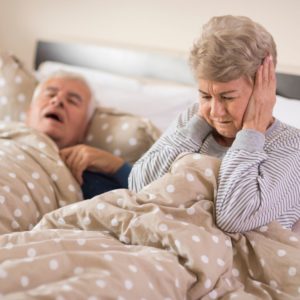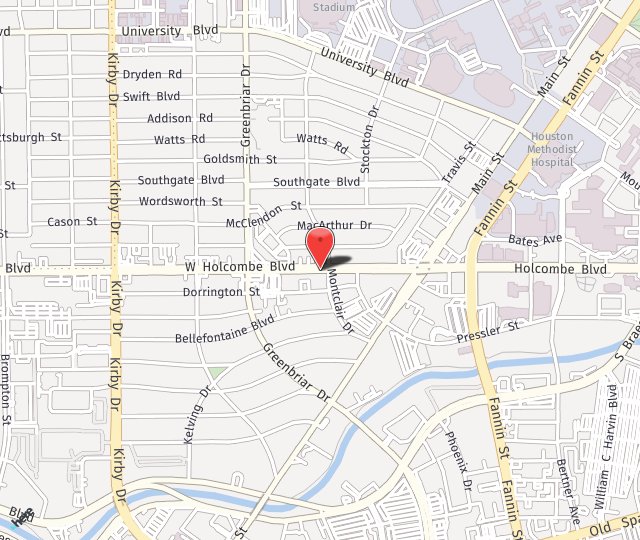
Obstructive sleep apnea is not something you have to live with. Ignoring it can be detrimental to your health. Here are five things you need to know about this chronic condition:
There are many risk factors for sleep apnea, including lifestyle and genetics. Overweight and obese individuals are at an increased risk, as are those who smoke or use alcohol or sedatives. People with narrow airways, misaligned jaws or thick necks are also at risk. Men are twice as likely to have sleep apnea as women, but women have an elevated risk after menopause. Also, if one or more of your family members has sleep apnea, you’re more likely to as well.
Left untreated, it raises your risk for serious health problems. Obstructive sleep apnea causes excessive daytime sleepiness, morning headaches and memory loss. But it can lead to high blood pressure, stroke, heart disease, diabetes, chronic acid reflux and other serious health problems—even death when it’s severe.
A sleep specialist will determine if you have obstructive sleep apnea. You may need a sleep study at a sleep center or at home. If you are diagnosed with sleep apnea, your doctor will discuss various treatment options with you.
There are multiple treatment options. It’s important to find a therapy that works for you and something you will consistently use as obstructive sleep apnea can be a deadly disease. Surgery is an option as well as CPAP machines, which involve wearing a face mask with tubing connected to a machine. But surgery poses risks and CPAP machines can be cumbersome and aren’t well tolerated.
Oral appliances are not “one size fits all.” Oral appliance therapy, which consists of a device that looks like a sports mouthguard, helps maintain an open airway during sleep. Research shows it’s effective for snoring and obstructive sleep apnea. Dr. Konig works with a wide variety of oral appliances to fit your specific needs.
Houston-area residents who want to learn more about sleep apnea treatments available to them should call 713-425-1302 to schedule a consultation with Dr. Konig.

